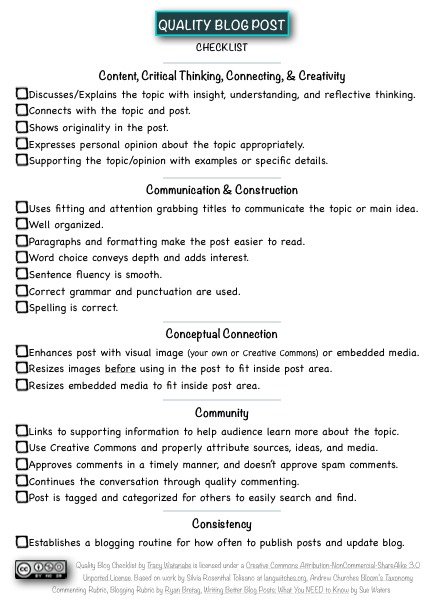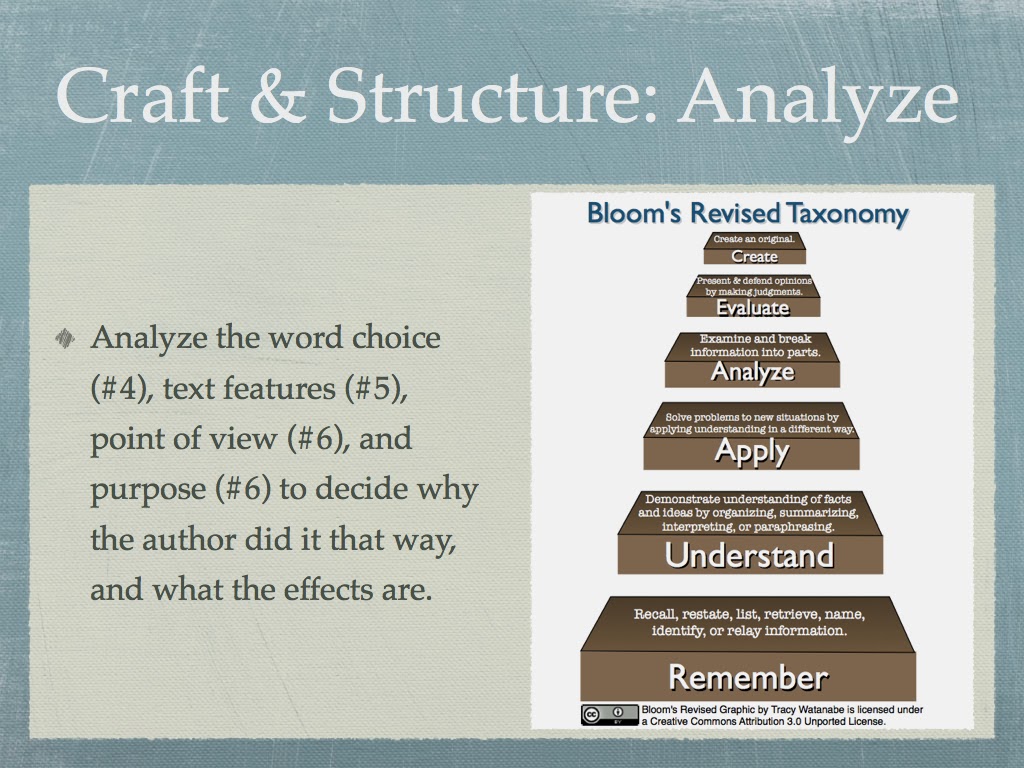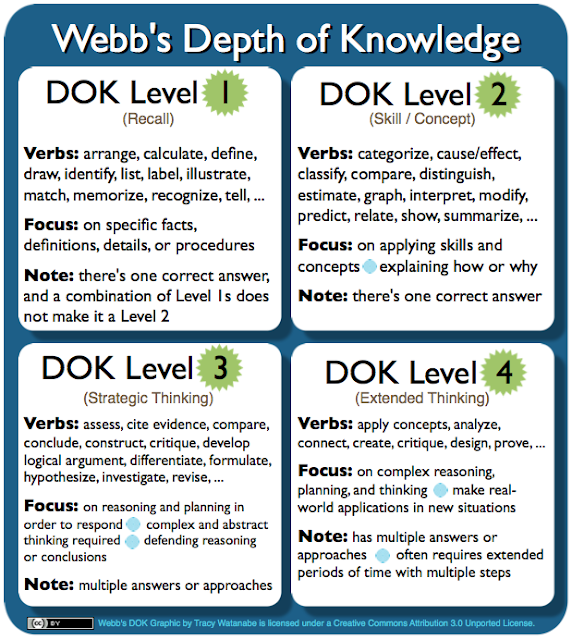Blogging with Students: Internet Safety & Digital Citizenship
 |
| Wordle |
Today, we are focusing on introducing the students to why we are setting up a class blog, digital citizenship, and Internet safety.
We then discussed Cyber Citizenship and Internet Safety:The purpose of this blog is to learn the art of writing and lessons of language arts through a real world experience with a real audience. Blogging is more than just reading and writing, it’s about respectfully conversing with others. Through this project, students will practice the responsibilities of digital citizenship and Internet safety.
First, let's define "community." It's where we live, places we go, and people we interact with. It's also the group of people who participate in similar activities, play on teams, are members of clubs, or students at a school.
We also interact with people on the Internet that are interested in similar things.
In our physical community, we have written rules and expectations. Can you think of some of those?
In our cyber community, there are also written rules and expectations. What are some of those?
Rules keep us safe in our physical community as well as our cyber community. When we do a good job of following those rules, we are being good citizens.
Let's brainstorm a list of rules that would make us good citizens and keep us safe when in our community.
Did your brainstorm include these ideas?:
- Ask permission to go somewhere first.
- Don't talk to strangers.
- Ask for help when you need it.
- Be polite and use good manners.
If we follow those rules, does that make us good cyber citizens? As members of our cyber community, we are expected to be good cyber citizens, which is shown through our online behavior.
Let's create our own rules that reflect good cyber citizenship.
Directions: In small groups, create a list that reflects good cyber citizenship. Each group member should choose one of these roles:
- Live Spokesperson: Shares back to the physical class your 5 most important rules for online behavior that would reflect good cyber citizenship.
- Digital Spokesperson: Shares back to our cyber community your 5 most important rules for online behavior that would reflect good cyber citizenship.
- Secretary: Writes down your brainstorm of ideas for important rules for online behavior that would reflect good cyber citizenship and safety.
- Task Master: Help keep your group on task. A great task master will paraphrase (or restate) what someone else said, and then ask a question to continue thinking about what was said. (We'll go over examples of this in class.)
This blog was inspired by iSafe Inc. and Edublogs Challenge.



This is a great post and a great blog. I added your blog to my reader account. I can see that we use many of the same strategies in our classrooms, and it is nice to learn from a peer how you approach different subjects. Keep up the great work.
ReplyDeleteThanks Mr. Riley! I completely agree about learning from peers and appreciated what I've learned from you about Google Forms! I sent several people to your post on the Edublogs Teacher Challenge, and have subscribed to your blog. I look forward to reading more from you. Thanks again for the compliment.
ReplyDeleteKind regards,
Tracy
This came at a perfect time! I'm just about to have this discussion with my students. I think the starting with the idea of a "community" will really get them thinking about the need for both etiquette and safety. Terrific, useful post!
ReplyDeleteHi Ms. H,
ReplyDeleteSo glad you visited my blog and can use something from it with your 4th graders.
I really like your blog. The posts about getting blogging started in your class, and the discussions with admin are fabulous. I absolutely agree that having a real audience makes all the difference in students' learning.
Happy blogging!
Kind regards,
Tracy